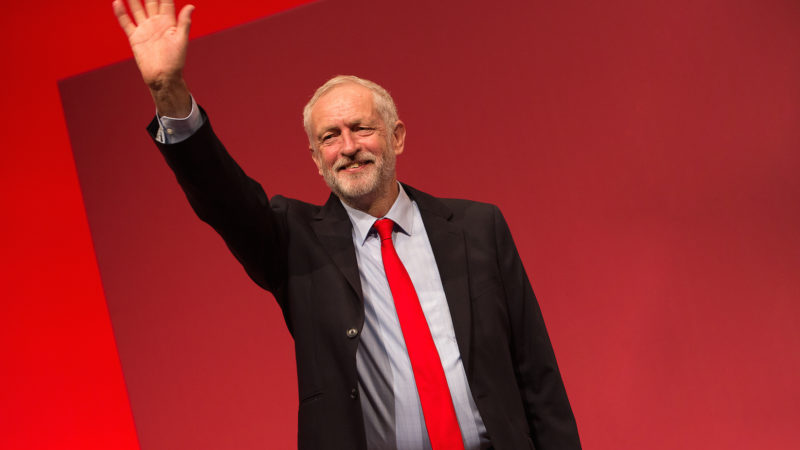
LabourList has recently given coverage to a particular criticism of the ‘Referendum and Remain’ campaign. This objection isn’t based on concerns over how the position would affect Labour electorally, nor does it rest on a simple commitment to respecting the 2016 referendum result. It is a practical one. If an increasingly likely snap election is called, how can Labour advocate ‘Referendum and Remain’? It would entail negotiating Labour’s alternative deal, campaigning for it in parliament with a referendum attached, then campaigning against it and for Remain in the referendum. That means telling MPs one thing and the country another. Surely it would make more sense, from an anti-Brexit perspective, to simply back Remain in an election and, if Labour wins, consider that a mandate to end the whole thing?
This is the line of thinking that influenced the new Brexit position formulated by party-affiliated trade unions yesterday. They held a meeting and came up with a Brexit position that they would be happy for Labour to adopt. Likely to be signed off by the shadow cabinet this morning because it represents an important shift towards the demands of pro-EU Labour members and MPs including frontbenchers, it firmly supports a referendum with a Remain option on the ballot paper under any circumstances. It also states that Labour would back Remain in a referendum against a Tory deal or no deal.
But the position is not that simple. It separates Labour’s response into two distinct scenarios: its policy in opposition and its policy in a general election. The former ticks all the boxes for Remainers (public vote, Remain option, supporting Remain). The latter is explicitly ambiguous. According to Scenario 2, Labour’s manifesto would promise to negotiate a new deal and put it to a public vote against Remain. But the crucial question is what Labour’s position in that referendum would be, and the answer offered by unions is that it “should depend on the deal negotiated”. To avoid the tricky flip-flop situation outlined earlier, they have left open the option of campaigning against Remain and for a Labour Brexit deal.
As with all of these internal rows over Brexit, the most important aspect is perception. After all, Labour has already tried and failed to secure Commons approval for another referendum. What has the reaction been to this new position? Kate Hoey’s foreseeable verdict: “Utterly stupid.” A soft Brexit-supporting MP told LabourList: “Absurd… This truly hammers the final nail into the coffin of our credibility as a serious party of government.”
Those on the other side of the debate are cheerier, although their joy is caveated. Michael Chessum of Another Europe is Possible, which is organising motions ahead of conference, described it as a “big victory” but added that “Labour still needs to clearly commit to opposing Brexit”. Bridget Phillipson MP of the People’s Vote campaign said it was a “step forward”, though Labour needs a position “without ‘ifs or buts’”.
Anti-Brexit shadow cabinet members are certainly happier than they were last week. Yet activists who feel they would struggle to explain the two scenarios on the doorstep won’t be satisfied – and conference is coming.
Sign up to LabourList’s morning email for everything Labour, every weekday morning.



More from LabourList
Government announce SEND reform in schools white paper
SPONSORED: ‘Industrial hemp and the challenge of turning Labour’s priorities into practice’
‘A day is a long time in politics, so we need ‘action this day’’